Why the FBT exemption for EVs isn’t under threat … yet. And why there’s every chance you’ll be paying a road user charge soon
An expert on government automotive policy has described the recent recommendation to axe the EV Fringe Benefits Tax exemption as a “kite flying exercise” but conceded a national road user charge is looking more likely.
Both EV-targeting taxation measures have been floated ahead of next week’s federal government economic reform summit.
The exemption means EVs purchased via a novated lease and priced under the luxury car tax threshold don’t pay FBT, saving thousands of dollars.
READ MORE: Plug pulled! As PHEV utes launch in Australia, a key tax break is being removed
READ MORE: Vic government sued in High Court over EV tax
READ MORE: Victoria’s EV road tax starts to bite – and suck
The road user charge has reared up again as the federal and state government’s grapple with how to replace revenue lost as fuel excise returns decline.
The exemption’s axing was proposed by the Productivity Commission, an influential independent body that’s often a guide to federal economic policy direction.
But automotive industry government affairs lobbyist Matthew Hobbs told EV Central the FBT is unlikely to be in any danger ahead of a scheduled review in 2026.
Hobbs, who worked at Holden during its painful decline, had an international role with Nissan, ran the Motor Trades Association of Australia and held a senior position with the Federal Chamber of Automotive Industries, has had prior experience with the PC.
“That’s a kite flying exercise,” Hobbs said of its recommendation to axe the FBT exemption.

The Productivity Commission says the exemption – part of the 2022 Electric Car Discount Bill that also exempted plug-in hybrids from FBT until April 1 2025 – should be canned because of the introduction of the NVES CO2 reduction scheme.
Instead, Hobbs argued that based on global evidence, the NVES is a reason to retain the FBT exemption, or introduce some other form of EV purchase subsidies.
“The problem for the government is if they take the incentives off, not enough cars will get sold EV-wise,” explained Hobbs.
“They make the NVES harder to achieve for the traditional brands. They don’t have as many credits to trade and you’ll force car prices up because of it, more generally across the board.
“So everywhere where they’ve put a tough fuel efficiency standard in place, the flipside is that they have some sort of EV incentive to pump-prime as well.”
The PC’s opposition to the FBT exemption comes down to the amount it costs. In 2023 it found it was the most expensive government climate policy.
It estimated the exemption cost between $987 and $20,084 per tonne of carbon abatement. The total cost of the exemption has blown out because of the unexpected popularity of the scheme.
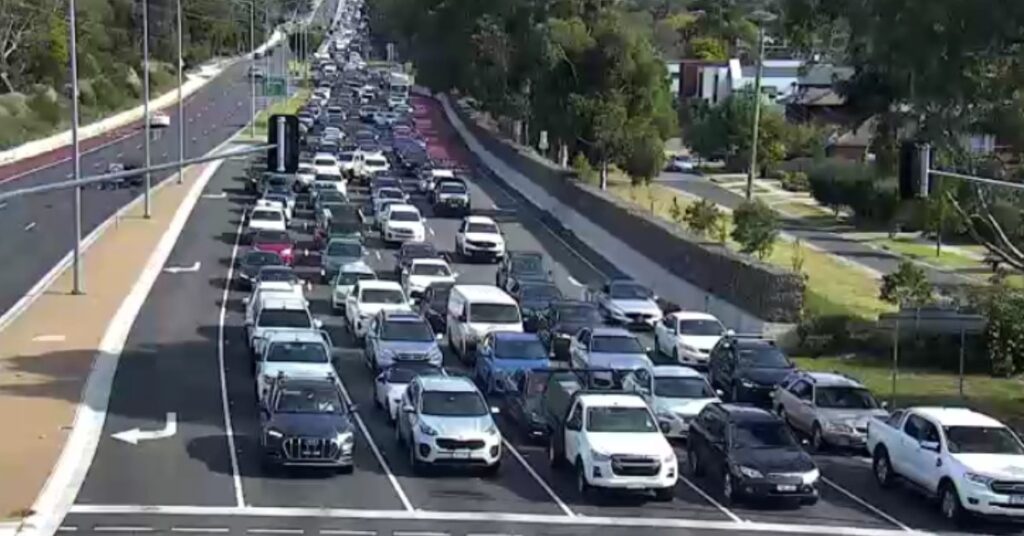
The PC also wants other state-based discounts for EV passenger vehicles to be axed. Instead it is recommending a new emissions-reduction incentive for heavy vehicles.
The federal treasury is also no fan of the FBT exemption because of the cost, which is reported to have spiralled beyond $500 million.
“There’s been a long push by Treasury and PC about fringe tax exemptions,” said Hobbs. “Go right back to around 2015 and they looked at removing fringe benefits tax treatment for novated leasing.
“Fundamentally, the PC is very economically dry,” said Hobbs. “They don’t like any distortions to the market. That’s it going in position.
“And so anything like subsidies of any sort, they hate. And that’s what happened to the Australian car manufacturing industry. Before that got shut down, there was a PC review and they basically said, ‘oh, there’s marginal benefit to the community’, ignored all these other flow-on benefits and said ‘oh, you shouldn’t pick winners’.
“The problem for them [PC] at the moment with all the different programs … is the government is picking winners.
“The government is putting really hard targets and hard supply side regulation, but you need the demand side to go along with it. “
A road user charge (RUC) appears set to be mandated and applied nationally to EVs and PHEVs. Federal treasurer Dr Jim Chalmers is a vocal supporter.
Hobbs says the economic forum is a great place to test out ideas such as the RUC.
“That’s the big opportunity to run it up the flagpole and see what the appetite’s like,” he said.
“And so whether it’s this, whether it’s people talking about the negative gearing, they’re testing the marketplace with a whole lot of ideas and seeing what the blowback is. Then if it’s really bad, they go ‘No, no, no, we’re never considering that’.”

ICE vehicles pay 51.6c per litre fuel excise, while EVs obviously pay nothing and PHEVs a reduced amount (at least in theory) because their e-motors and batteries allow extended fuel-free running and help reduce consumption when their engines are being used.
A key impediment to be overcome before an RUC can be introduced are constitutional and legal challenges.
Victoria went it alone and introduced a road user charge of up to 2.6c-per-km for zero and low emission vehicles in 2021, but that was over-ruled in the high court in 2023.
The court accepted the argument the Victorian RUC was an excise, something only the federal government is empowered by the constitution to collect.
NSW, Western Australia and Soth Australia have all indicated an intention to introduce a road user charge. NSW has scheduled it for July 1 2027 or when EVs reach 30 per cent of new car sales.
While there is a common misconception the excise is directly allocated to road building and repair, it is actually consigned to the federal budget before being spent on any number of budgetary items.
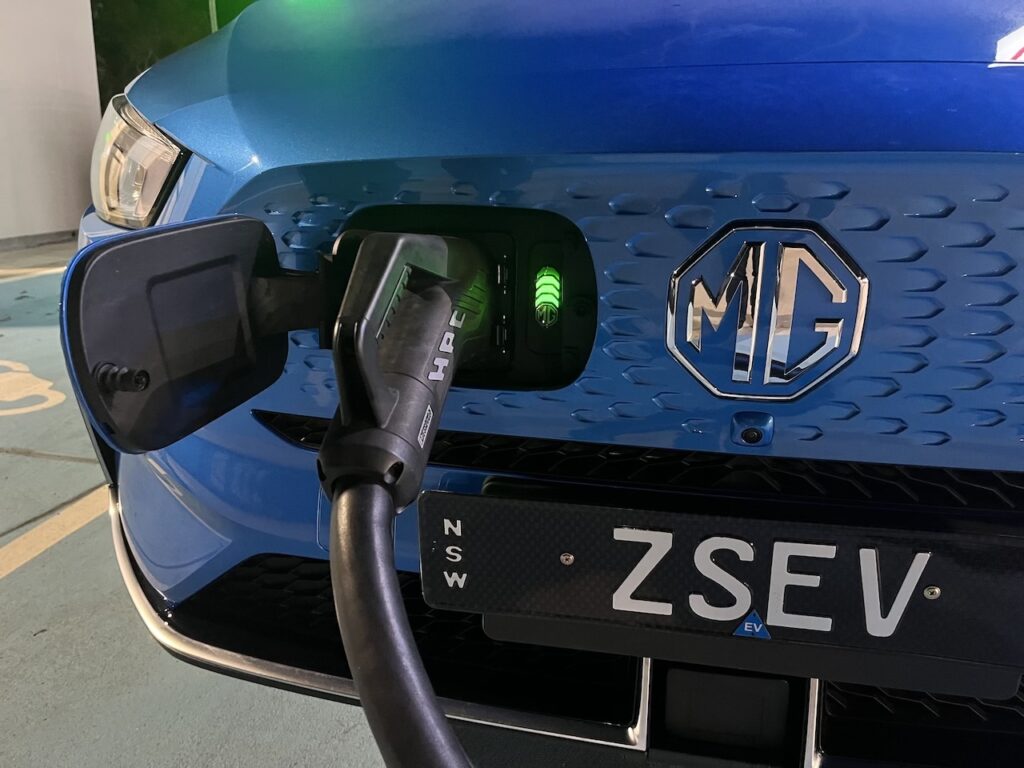
There is a push for all vehicles to pay an RUC rather than just EVs and PHEVs. The Conversation encapsulated the argument here.
Such a catch-all scheme is being introduced in New Zealand.

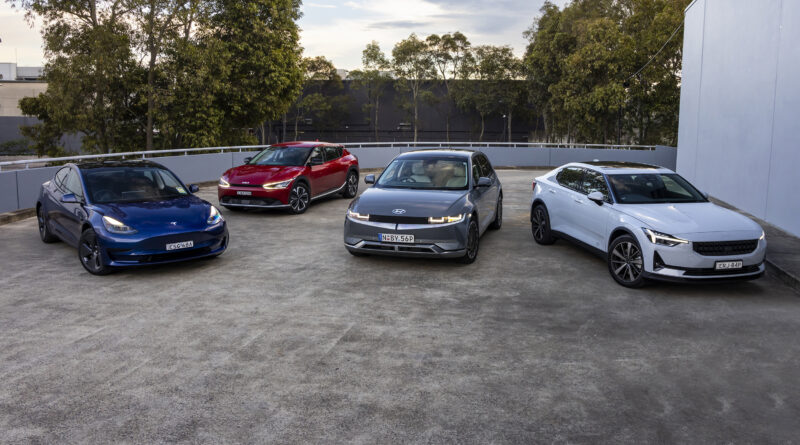
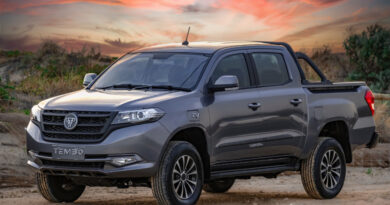
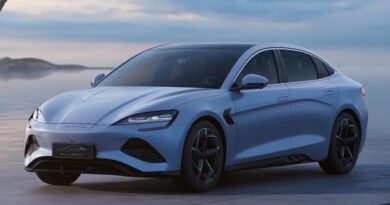
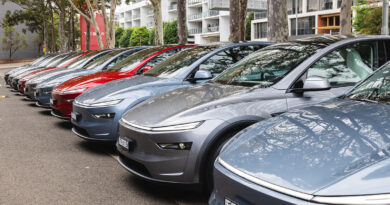
Of course there should be a Road User Charge – for equity if nothing else. The problem is how to make the charge equitable. It should be introduced at the same time as the current fuel excises are removed. It’s not fair to charge by the number of kilometres driven as those that have to drive further to get to services in the regional areas of Australia would be penalised. Neither is it fair to charge a flat fee as a B Double is far heavier than a Dmax Ute which is turn is far heavier and emits far more emissions than a hybrid Corolla. The weight of the vehicle does make a difference to the damage caused to the road and the quality of the air.
If we’re talking about equity…
A 1800 kg EV and a 1800 kg ICE vehicle. Both travel 12,000 km a year. Both cause the same damage to the roads, carry the same risk of collision, both contribute to congestion. An equal road user charge for both is appropriate.
But the ICE vehicle also produces additional noise. It produces about 2.7 tons of carbon dioxide every year, along with localised urban heat, toxic carbon monoxide, smog-forming nitrogen oxides, polycyclic aromatics and carcinogenic particulates.
If we are going to have a road user charge, make it universal, make it mass x distance, and charge the ICE vehicle something for the additional fuel-combustion derived harm it causes. It’s incredible, as we already have a charge in place – the fuel excise already does this *perfectly*.
So leave fuel excise where it is, and charge all road-going vehicles a mass x distance RUC.
PS – Fuel excise is already proportional to how far one drives, and secondly, country people on average, drive the same number of kilometres as suburban people. There are outliers everywhere, but 12000 km per year is a tight mean.